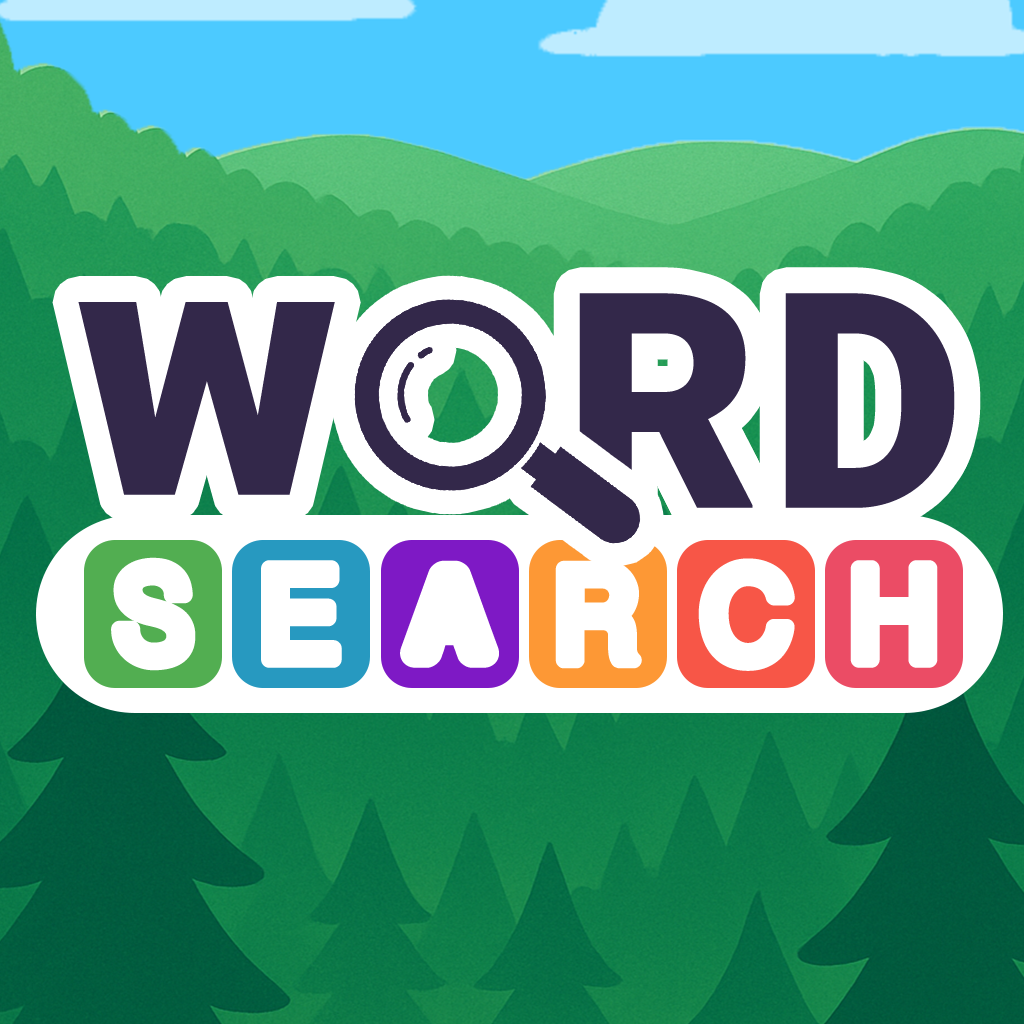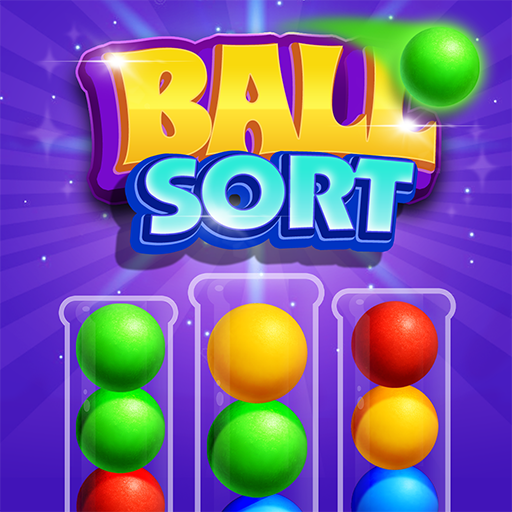
Word Search Adventures: Expanding Vocabulary Through Play
Explore how modern word search games combine traditional puzzle mechanics with innovative features to create engaging learning experiences.
Word Search games have evolved far beyond the simple grid puzzles of yesteryear. Today's digital versions offer rich, immersive experiences that combine education with entertainment in remarkable ways.
Modern Word Search Innovation
Contemporary word search games incorporate multiple difficulty levels, themed categories, and progressive challenges that adapt to player skill levels. The integration of hints, power-ups, and time challenges adds layers of strategy to the traditional format.
Advanced implementations feature dynamic grid generation, ensuring that no two games are exactly alike. This procedural approach keeps the experience fresh and prevents players from memorizing solutions.
Educational Value and Learning Benefits
These games serve as powerful vocabulary building tools, introducing players to new words in context while reinforcing spelling and recognition skills. The visual nature of word searching helps with pattern recognition and spatial reasoning.
Research has shown that regular word search gameplay can improve:
- Vocabulary retention and recall
- Spelling accuracy and confidence
- Pattern recognition abilities
- Focus and concentration skills
- Visual scanning efficiency
Engagement Features and Gamification
Modern implementations include daily challenges, achievement systems, and social features that keep players engaged long-term. The satisfaction of finding hidden words triggers positive reinforcement loops that encourage continued play and learning.
Progressive difficulty systems ensure that players are constantly challenged without becoming frustrated. Adaptive algorithms adjust word complexity and grid density based on player performance, maintaining optimal engagement levels.
Accessibility and Inclusive Design
Contemporary word search games prioritize accessibility, featuring adjustable text sizes, high-contrast color schemes, and support for screen readers. These considerations ensure that players with various visual needs can enjoy the full gaming experience.
Social Learning and Community
Many modern word search games include collaborative features, allowing friends and family to work together on challenging puzzles. This social dimension adds educational value by encouraging discussion and shared learning experiences.
Conclusion
Word search games represent a perfect fusion of entertainment and education, proving that learning can be both fun and effective. As these games continue to evolve, they offer increasingly sophisticated ways to expand vocabulary and improve cognitive skills.
Previous Article
Ball Sort Puzzle: The Ultimate Brain Training Experience
Next Article
Never Have I Ever: Digital Social Gaming Revolution

